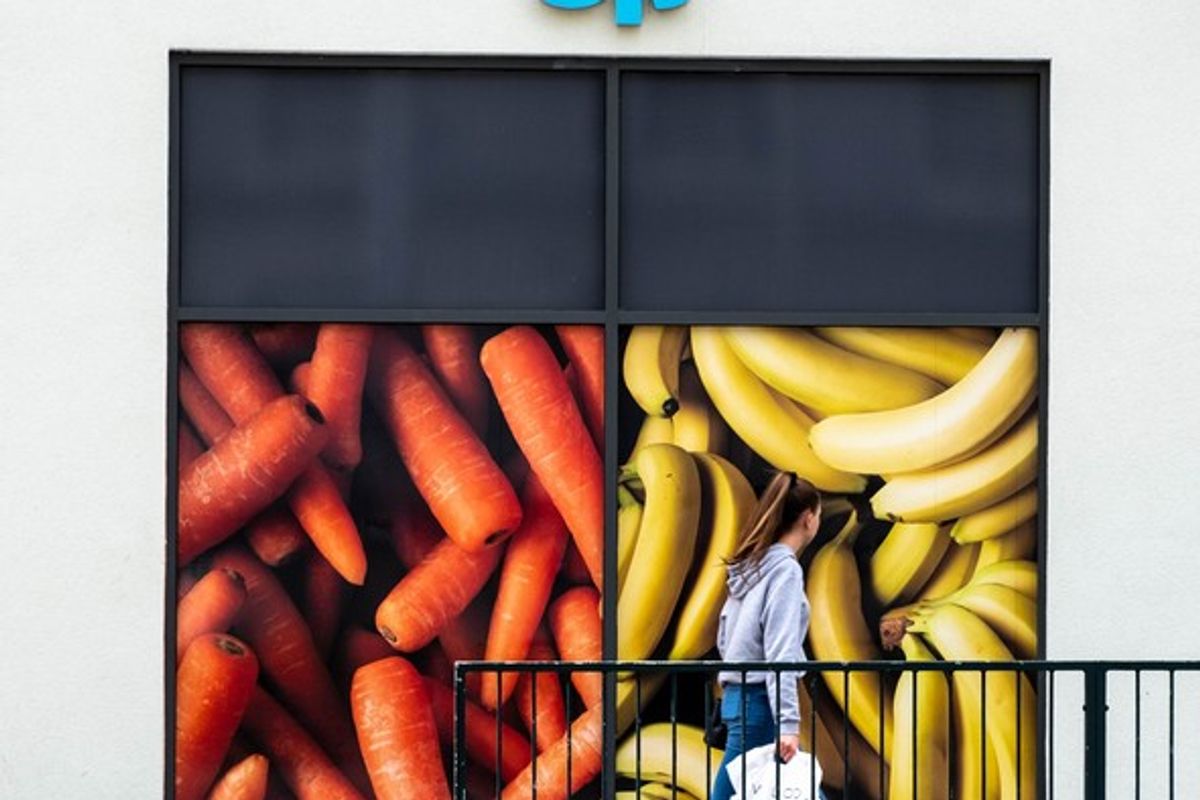Organised criminal gangs are the reason behind the recent rise in shoplifting, abuse and violence against shop workers rather cost of living crisis, one of the UK’s largest grocery chains has said.
Paul Gerrard, the public affairs director at the Co-op, on Tuesday (3) told the House of Lords justice and home affairs committee into shoplifting that a 44 per cent rise in retail crime it experienced last year was mostly down to gangs stealing to order at scale – clearing shelves in some cases.
“There have always been people who steal to make ends meet … and you could argue that happens more in a cost-of-living crisis,” he said. “But that is not what is driving the 44 per cent increase.
“What is driving it is people stealing to order, people coming into store with wheelie bins or a builder’s bag to steal the entire confectionery section or spirits or meat section.
“If one of my colleagues gets in the way they won’t say sorry and walk out, there will be a violent threat; it might be a knife or might be a syringe. I’ve had colleagues attacked with a medieval mace. We’ve had colleagues lose their eye or colleagues miscarry. This is a level of violence, abuse and threat that nobody in retail has ever seen before.”
He added that the retailer, which has more than 2,000 stores across the UK, had been forced to help staff move home as they had been followed from a store and threatened.
When questioned over how Co-op is looking to aid colleagues through the rise in retail crime, Gerrard explained that the retailer’s “first priority” is “keeping colleagues safe”.
“We spend money to keep the colleagues safe in the store. If an incident happens, then we take a number of measures. The colleague will be looked after, they’ll get counselling, they’ll have time off as they need it, we will increase the security we need in that store, we will close the store, we will do whatever we need to do to keep colleagues safe because stock can be replaced, colleagues can’t.”
He added that if a colleague is threatened, Co-op will report this to the police, while it also deploys undercover guards who are “highly trained” through its security contractor.
“They operate undercover and they will apprehend individuals in store who are attacking colleagues or large-scale theft. They will then detain them, make a citizen’s arrest and call the police,” he explained.
Co-op has 13 partnerships across the UK with different police forces in different regions, primary among which is Project Pegasus which supports police forces in identifying the organised crime groups, partly by sharing CCTV images.
Gerrard added, “What we’ve seen over the last 12 to 18 months is the willingness of the police to engage in those partnerships shift significantly. If I look at our partnerships over the first seven months of this year, we are looking at a 200 per cent increase in the number of offenders that the police have managed and we’re looking at a 250 per cent increase in prison sentences.”
“What we see now is that the partnerships work because the police are more interested. Partnerships is how you tackle this and partnerships is also how you give confidence to the retail sector to report crime.”


